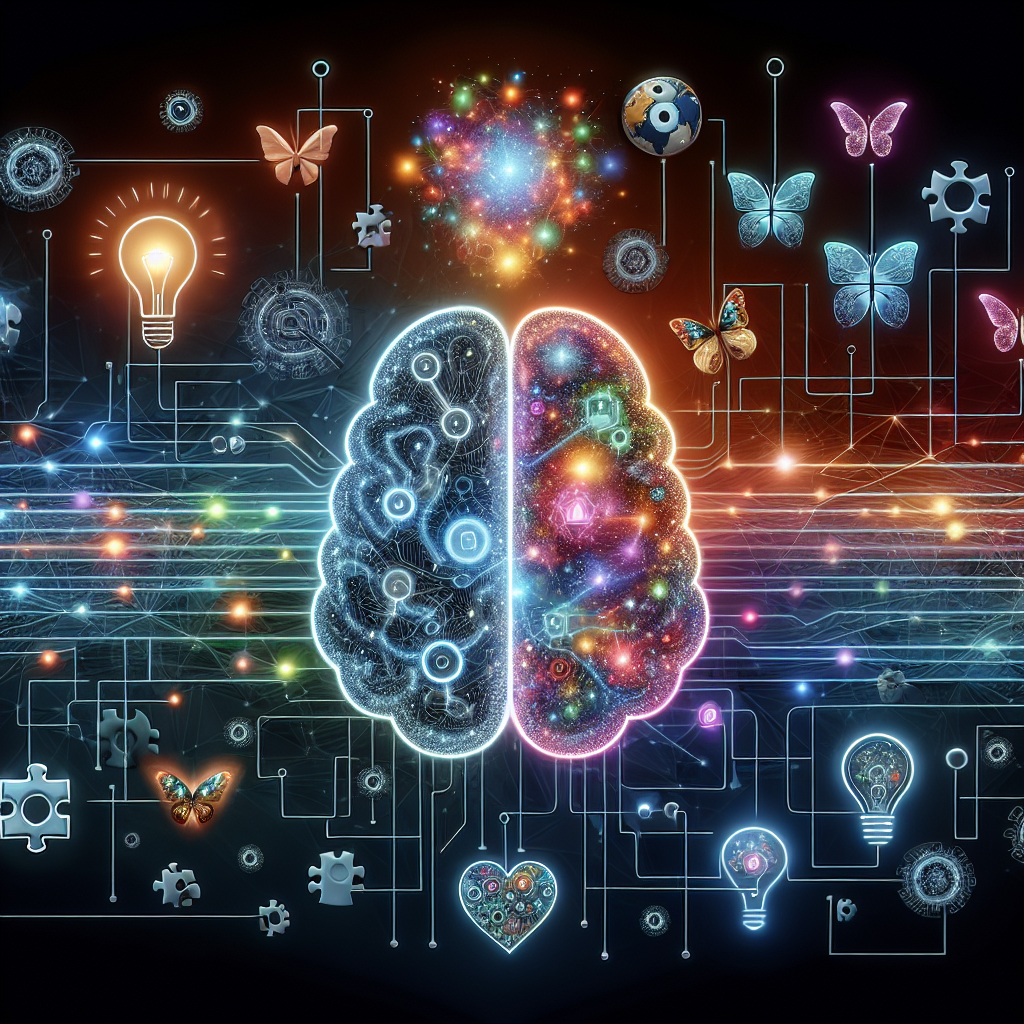The Benefits of Using AI Tools for Mental Health Diagnosis
Mental health is a growing concern in today’s society, with more and more people seeking help for various issues such as anxiety, depression, and stress. However, the demand for mental health services often exceeds the availability of trained professionals, leading to long waiting lists and limited access to care. This is where artificial intelligence (AI) tools can play a crucial role in providing timely and accurate mental health diagnosis and treatment.
AI tools have the potential to revolutionize the field of mental health by providing quick and efficient assessments, personalized treatment recommendations, and continuous monitoring of patients’ progress. These tools can analyze large amounts of data, including electronic health records, genetic information, and patient-reported outcomes, to identify patterns and trends that may not be apparent to human clinicians. This can help identify individuals at risk of developing mental health disorders, guide treatment decisions, and improve outcomes for patients.
One of the key benefits of using AI tools for mental health diagnosis is the ability to provide objective and consistent assessments. Unlike human clinicians, AI tools do not have biases or preconceived notions that may influence their judgments. This can help reduce the stigma associated with mental health disorders and ensure that all patients receive fair and accurate evaluations.
Another benefit of using AI tools for mental health diagnosis is the ability to analyze data in real-time and provide immediate feedback to patients. This can help individuals track their progress over time, identify triggers for their symptoms, and make informed decisions about their treatment options. AI tools can also provide personalized recommendations based on each patient’s unique needs and preferences, leading to more effective and efficient care.
Additionally, AI tools can help bridge the gap between patients and providers by offering virtual consultations and remote monitoring services. This can be especially beneficial for individuals who have limited access to mental health services due to geographical barriers or other constraints. By using AI tools, patients can receive timely and personalized care from the comfort of their own homes, reducing the need for in-person appointments and improving overall convenience.
Furthermore, AI tools can help improve the efficiency of mental health care by automating routine tasks and freeing up clinicians to focus on more complex and challenging cases. This can help reduce burnout among mental health professionals and ensure that patients receive the attention and care they need in a timely manner. By streamlining administrative processes and improving workflow efficiency, AI tools can help increase the capacity of mental health services and reduce wait times for patients.
In conclusion, the benefits of using AI tools for mental health diagnosis are numerous and far-reaching. From providing objective and consistent assessments to offering personalized treatment recommendations, AI tools have the potential to revolutionize the field of mental health and improve outcomes for patients. By harnessing the power of AI, we can help individuals receive the care they need when they need it, leading to better mental health and overall well-being for all.
FAQs
Q: Are AI tools for mental health diagnosis accurate?
A: AI tools for mental health diagnosis can be highly accurate, as they are able to analyze large amounts of data and identify patterns that may not be apparent to human clinicians. However, it is important to note that AI tools should be used as a complement to, rather than a replacement for, human judgment and expertise.
Q: Can AI tools replace human clinicians in mental health care?
A: While AI tools can provide valuable insights and recommendations for mental health diagnosis and treatment, they should not replace human clinicians entirely. Human judgment, empathy, and communication skills are essential components of mental health care that cannot be replicated by AI tools.
Q: How can I access AI tools for mental health diagnosis?
A: AI tools for mental health diagnosis are becoming increasingly available through online platforms, mobile apps, and virtual care services. Many mental health providers are incorporating AI tools into their practices to improve the quality and efficiency of care for their patients.
Q: Is it safe to use AI tools for mental health diagnosis?
A: AI tools for mental health diagnosis are generally safe to use, as they are designed to protect patient privacy and confidentiality. However, it is important to choose reputable and secure platforms when accessing AI tools for mental health care to ensure the safety and security of your personal information.
Q: Can AI tools help with mental health treatment?
A: AI tools can provide valuable insights and recommendations for mental health treatment, such as personalized therapy options, medication management strategies, and lifestyle modifications. By using AI tools in conjunction with human clinicians, patients can receive more comprehensive and effective care for their mental health needs.

